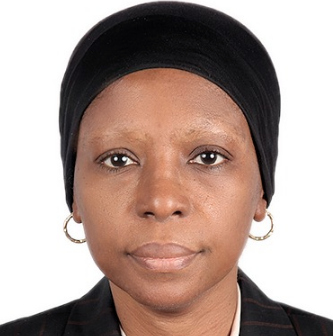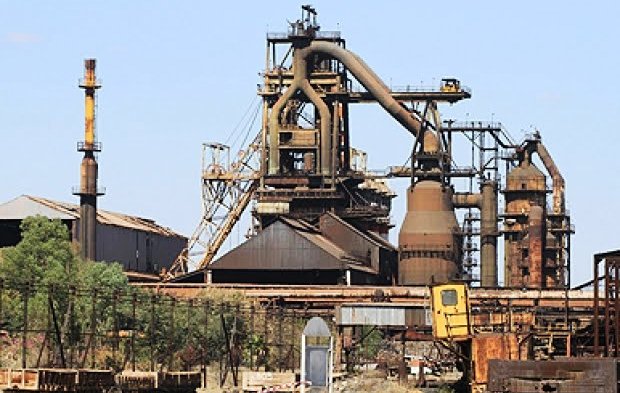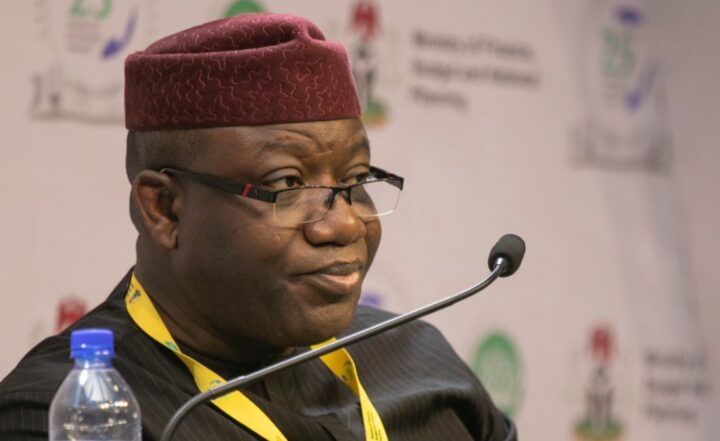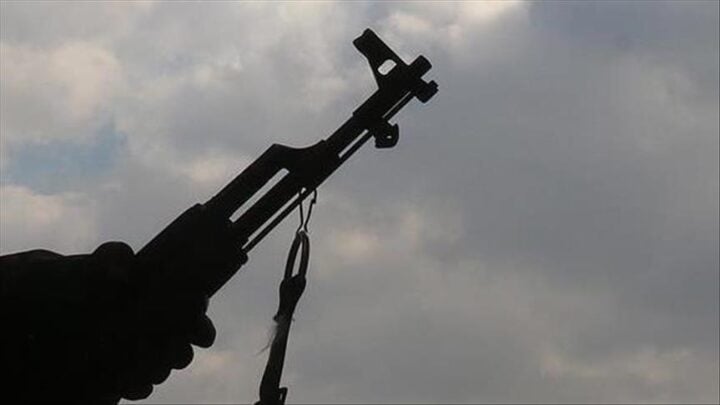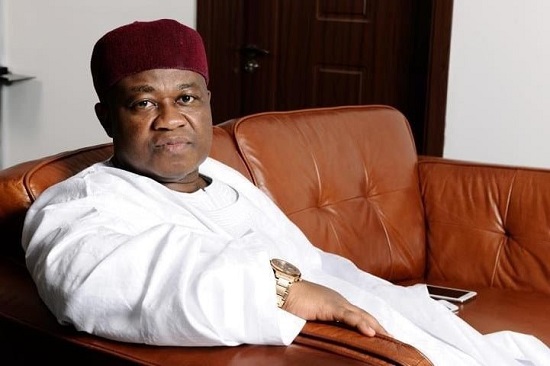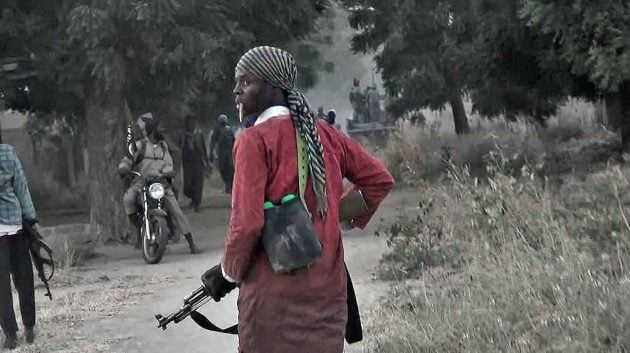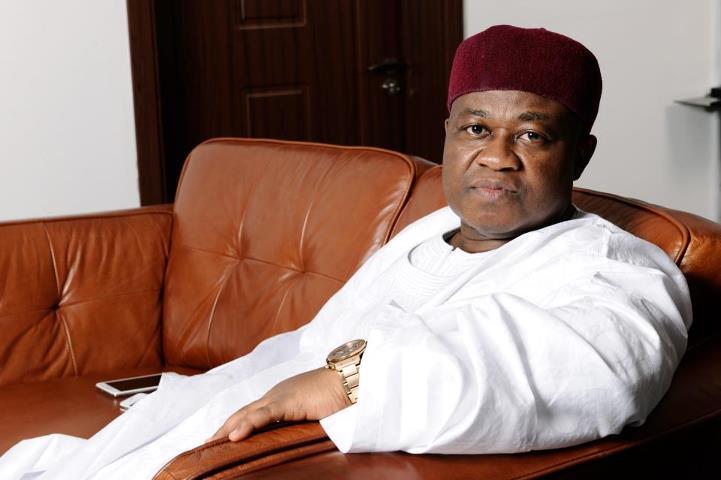Nigeria is a poor country and yet it does everything it can to repel investors. With a few exceptions, investors are treated with indifference, bordering on contempt, by both the political class and civil servants. The indifference displayed by our leaders when dealing with potential investors would have been laughable, but for the fact that it has been so damaging to our economic wellbeing.
The latest data from National Bureau of Statistics (NBS) shows that Nigeria was only able to attract a paltry $778 million in Foreign Direct Investments during the first nine months of 2020.The consequences of Nigeria’s inability to attract investments include high unemployment, decrepit infrastructure, poverty and poor human development outcomes. The latest Human Development Report released by UNDP ranked Nigeria 161 out of 189 countries, placing Nigeria in the bottom category of low human development.
Nigeria’s inability to attract investments matter because Nigeria is a poor country, with all tiers of government incapable of generating the revenues required to provide services to citizens and infrastructure to run and grow the economy. For example, in 2020, all tiers of government shared at FAAC a meagre N7.6 trillion ($21.33 billion) compared to N8.16 trillion ($25.11 billion) in 2019. To put it in context, thirteen of the most profitable quoted companies in the world individually made more profit after tax in 2019 than what all tiers of government shared at FAAC in 2020. The thirteenth company, Alibaba Group, made $21.45 billion after tax in 2019, while Apple Inc, ranked third, made $55.26 billion profit after tax. Fittingly, six out of the thirteen firms are Chinese, a country that was only 30 years ago poorer than Nigeria on per capita basis. China, unlike Nigeria, opened itself to Foreign Direct Investments in the 1980s, and with that propelled itself to become the second largest economy in the world within four decades.
The end of high oil price is here and unless Nigeria changes its attitude towards investors and enacts the right policies, it will not be able to attract the investments it desperately needs to return the economy back to the path of 6% plus annual growth. This is the minimum level of growth needed to lift tens of millions out of extreme poverty.
Advertisement
The starting place for improving the attractiveness of Nigeria to both local and Foreign Direct Investments (FDI) is attitudinal change by the political class. Nigerian political leaders need to drop their antagonism to investors and do everything they can to welcome investors and make it easier to invest in Nigeria. The political class must also summon the necessary courage to reform the civil service and make it more investor friendly.
The next vital reform is that of the budget process. The composition of the annual Federal budget needs to change, in order to reduce waste, increase value for money and ensure timely completion of projects. Far too much is spent on non-priority capital items such as buying cars, installation of solar street lights, buildings and fencing of premises. Furthermore, the Federal budget should prioritize only key infrastructure projects. At present it appears there is little attempt to prioritize despite statements to this effect. For example, a review of 2020 Ministry of Works and Housing budget shows over 1,000 projects, with only 2 infrastructure projects having allocation of N3 billion and above. The budget is thus extremely fragmented and will not achieve much and also indicates an incredible lack of willingness to prioritize. As a result of having too many projects, projects take too long to complete and end up costing far more through variations The Ministry should be directed to review its portfolio of projects and drop 80% of them. The same should apply to Ministries of Power, Water Resources, Transportation and Agriculture.
Another important part of financing development involves the role of banks. The efforts of the Central Bank of Nigeria (CBN) to increase lending to agriculture and industry has helped improve output and is thus commendable. However, to ensure the interventions endure and to prevent muddling the role of the CBN as regulator, the CBN should consider strengthening the Bank of Industry (BOI) and creating a new Bank of Agriculture. BOI is currently doing a great job but it needs additional capital to increase its capacity to lend large sums to industrial firms. The Federal Ministry of Finance, Budget and National Planning should work with the CBN to increase the share capital of BOI. This will enable BOI carry out its developmental function more effectively and reduce CBN direct funding of industry. A new Bank of Agriculture should be created with capital of at least N500 billion. The new bank could then take over current CBN intervention programs in agriculture and also provide funding for small businesses, while BOI should concentrate on medium and large firms.
Advertisement
As noted earlier, the government does not have the funds required to finance the infrastructure that is needed to catalyse high growth. Therefore, the Federal Government has to find innovative ways to finance critical infrastructure. The proposed Infrastructure Fund to be anchored by the CBN and Nigeria Sovereign Investment Authority is a welcome intervention. The Federal Government should also accelerate the concession of all airports. There has been needless challenge by unions on the proposed concession of airports. Unions need to realise that government simply does not have the funds to be it all when it comes to infrastructure. Furthermore, nothing says workers will be worse off when airports are privatised as evidenced by the well- functioning MM2.
Another way to finance infrastructure is through contractor financing. Roads and railway lines can be financed through this option. For example, rather than the Federal Government to fully fund the construction of Ibadan to Abuja road, it can provide 20% funding. The balance of 80% to be funded by the contractor. The FG will pay the contractor principal plus interest over ten years through a mix of collections from toll and annual budgetary allocation. Railway lines can also be financed through this option but will likely require 20 years repayment period. This is slightly different from a full concession as it provides government equity contribution, which reduces risk, and also guarantees repayment over a fixed period plus a pre-determined return. However, for this to succeed, the budget and contracting process need complete overhaul in order to engender confidence in the process.
The power sector has been partially privatised. The privatisation needs to be completed with government selling the power plants it still owns and divesting its interest in distribution firms. The government still owns about ten power plants that operate at less than 30% capacity due to one reason or the other. The plants have been listed every year for privatisation for the last four years without success. The management of Niger Delta Power Holding Company and Bureau of Public Enterprises should be given an ultimatum to complete the sales or risk being sacked. The transmission lines can be concessioned to a consortium of owners of distribution and generating firms. This will prevent a monopoly and ensure funding and better coordination between generation, transmission and distribution. The Zungeru hydro plant should be sold once completed. It is also time to sell Ajaokuta Steel and other non-performing assets such as NNPC refineries for good.
Finally, for the FG to get out of its current fiscal hole, it needs to find ways to increase revenues that will enable it fund more projects and reduce its increasing dependence on borrowings and CBN financing. For example, in 2019, of the N8.3 trillion Federal expenditure, the sum of N3.76 trillion was either borrowed or financed by the CBN. This implies the FG was only able to finance 55% of its 2019 spending and this will get worse in 2020.This is a disastrous state of affairs that if allowed to continue will constrain the FG and slow down economic growth for years to come.
Advertisement
The FG can increase revenues through improving collection of current taxes and fees, reform of government-owned enterprises and through new revenue streams. The Federal Inland Revenue Service can increase collection by making it easier to file and pay taxes. Regarding new revenue streams, the Federal Government should seriously consider introducing a Federal Personal Income Tax. Nigerians are keen on blasting and blaming the FG for all the country’s woes even in instances where the responsibility is that of State Governments. Consequently, it is time Nigerians pay Personal Income Tax to the FG to fund desperately needed services and infrastructure. The Federal Personal Income Tax can be set at a low 3% for a start and reviewed to 5% within five years. Another advantage of a Federal Personal Income Tax is that it will ensure all adults are in the tax bracket. Presently, one can avoid Personal Income Tax because it is a State issue. Once it becomes a Federal issue, all transactions such as a new passport, drivers’ licence, opening bank account should require a Federal Personal Income Tax number and Federal might can then be brought to bear on individual tax defaulters.
Few Nigerians, as a proportion of total population, send their children abroad to school or seek medical care abroad. Yet, they disproportionately affect the country’s balance of payment position. For example, in 2019, Nigerians spent, through official channels,$8.57 billion on foreign education and medical care, a sum higher than Federal spending on education and health. Therefore, it is time to impose a levy on foreign currency transactions. For example, a Federal levy of $100 dollars could be imposed on Personal or Business Travel Allowance processed by banks or Bureau de Change. A Federal levy different from FAAN levy, payable directly to FG, should also be imposed on all international tickets. A levy of $50 for economy class, $100 for business and $200 for first class could be imposed.
As mentioned earlier, some State-owned enterprises should be sold off immediately. A reform of the Fiscal Responsibility Act is also required to limit how much other government agencies such as the Port Authority, Communications Commission, Post Office etc. can spend from revenues generated. This will improve efficiency, reduce waste and increase government revenues.
Nothing guarantees more insecurity than poverty and there can be no reduction in poverty without increase in investments. Consequently, unless all tiers of government find ways to attract investments that generate annual economic growth above 6%, poverty and insecurity will continue to bedevil the country. As 2020 draws to a close, Nigerians can only hope that 2021 will usher in a more secure country, with a leadership that finally realises the importance of attracting investments in accelerating economic growth and improving the wellbeing of millions of Nigerians.
Advertisement
Advertisement
Views expressed by contributors are strictly personal and not of TheCable.
Add a comment
